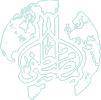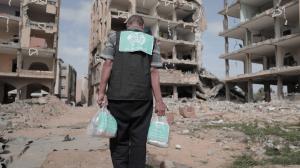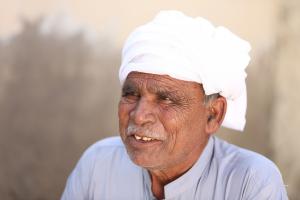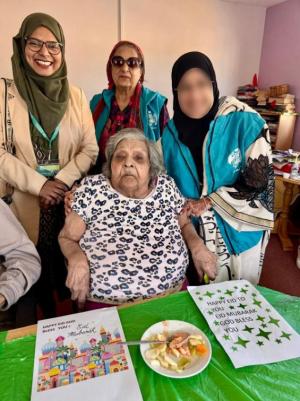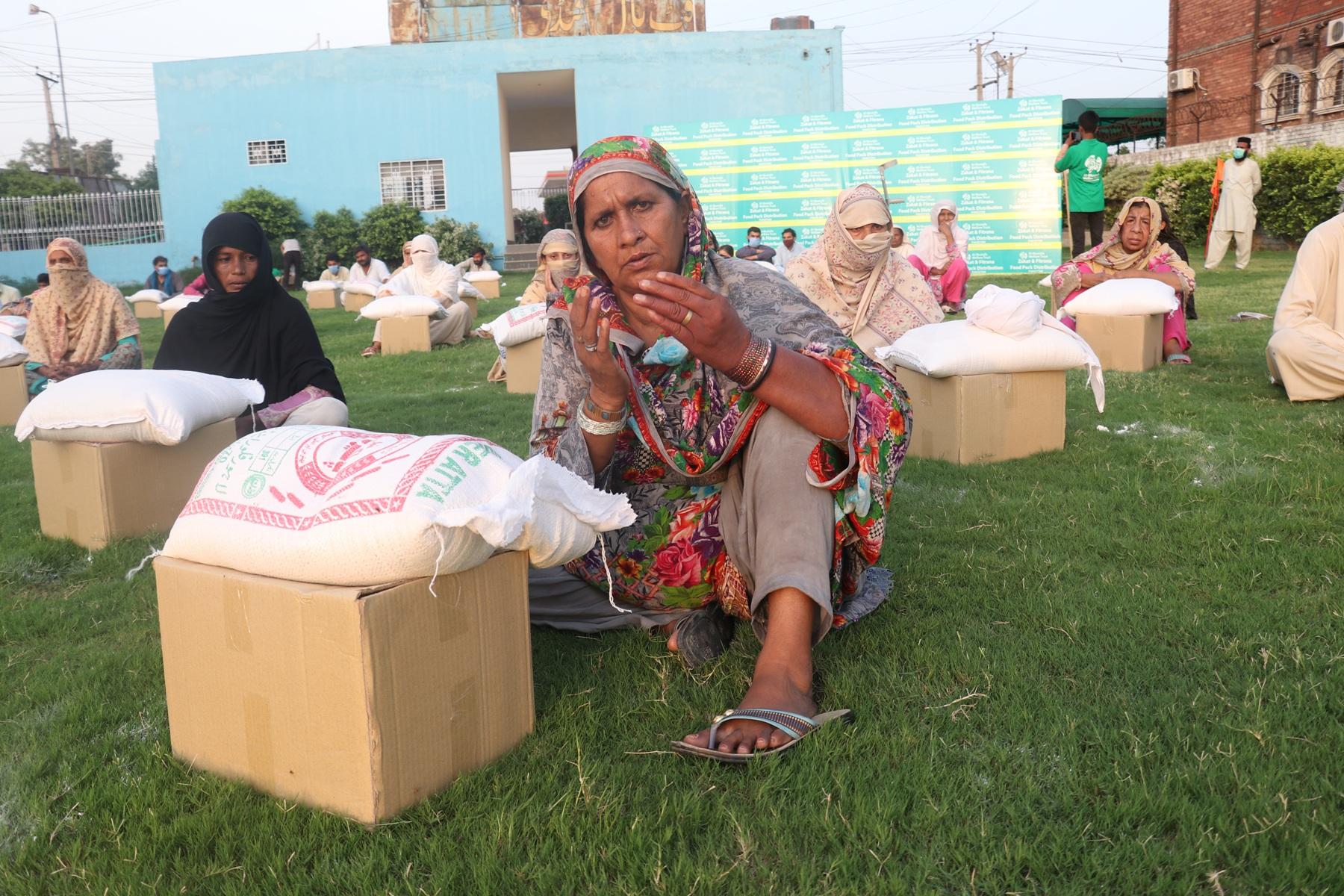
A mandatory charity in Islam, fitrana—also known as Zakat al-Fitr—makes sure every Muslim can take part in Eid celebrations. At the end of Ramadan, this lovely obligation lets Muslims look after their needy neighbors.
What is Fitrana in Islam?
Zakat ul Fitr (Fitrana) is a mandatory charity ordained by Prophet Muhammad ﷺ. Ibn Abbas reported:
'The Messenger of Allah ﷺ made Zakat al-Fitr obligatory as a purification for the fasting person from idle talk and obscenities, and as food for the poor' (Abu Dawud).
Before the Eid prayer, all Muslims who have more than a minimum amount of money (Nisab) are required to make this charitable donation. It fulfils two vital functions: making sure no one goes hungry during Eid celebrations and purifying the Ramadan fast.
Today, Muslims can give money equivalent to the value of staple foods, allowing families to purchase what they need most. This adaptability shows Islam's practicality while maintaining the core purpose of helping others.
Why is Fitrana Important?
Fitrana guarantees that by offering necessary support all Muslims can take part in Eid celebrations. Families get food for Eid and other essentials including clothes thanks in part to this required philanthropy. It shows Islamic ideas of social welfare and helps the society by allowing open involvement. Fitrana guarantees that the celebrations reach every home by planned distribution, so meeting religious duties.
How Much is Fitrana?
Muslim scholars determine the Fitrana amount based on the Sunnah, which requires giving one sa' (about 2.5 kg) of staple food per person. Today, this has been calculated to a monetary value of £5.00 per person. This amount is based on local food prices, making it practical to give and helpful for those who receive it. Every member of a household who can afford it, including children, must give this amount before Eid prayers.
When Should Fitrana be Paid?
It is an Islamic obligation to pay Fitrana before the Eid prayer. The optimal time for payment is during the last few days of Ramadan, ensuring recipients have time to prepare for Eid celebrations. This timing allows families in need to purchase necessities before the day of Eid.
Who is Eligible to Receive Fitrana?
Fitrana is distributed to those who fall under the category of eligible recipients in Islamic law. This includes individuals and families living below the poverty line, those in debt, travelers in need, and others who qualify for Islamic charitable support. Priority is typically given to local communities before extending support to other areas.
How to Pay Fitrana
To pay your Fitrana (£6 per person) through Al Mustafa Welfare Trust:
- Select your donation amount
- £6 for one person
- £20 for four people
- Custom amount for your household
- Complete your payment before Eid prayers
What is the Difference Between Zakat al-Fitr and Zakat?
In Islamic law, normal Zakat and Zakat ul Fitr have different purposes. Whether rich or not, all Muslims who can afford it must pay zakat ul fitr at the end of Ramadan. Its aim is to purify the fast and guarantee everyone can celebrate Eid right. Each person in a household must give a fixed amount, making it a per-person obligation.While Zakat is also a mandatory charity to purify wealth. you must donate 2.5% of your wealth as Zakat.
Why Your Zakat al-Fitr Contribution Matters
Al Mustafa Welfare Trust distributes your Fitrana through essential Eid projects. We provide Eid Food Packs (£65) containing flour, rice, cooking oil, salt, tea, lentils, sugar, dates, chilli, powder milk, and juices to families in need. We also bring Eid gifts to kids who are lost or living in poverty so that everyone can enjoy this special holiday. Thanks to your £5 donation to Fitrana, we can make sure that vulnerable groups have food and a good time during Eid.
